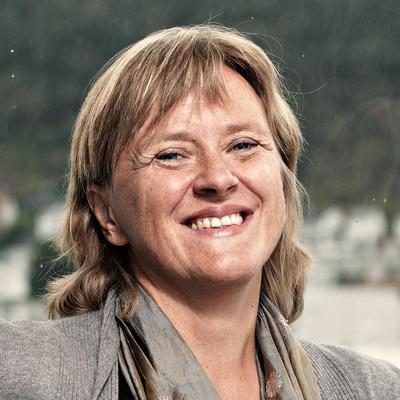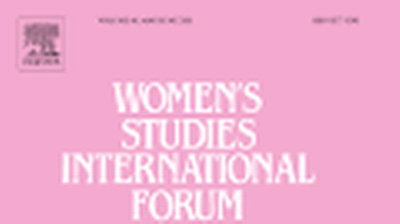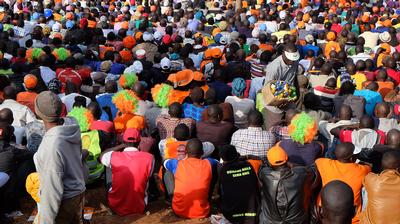Breaking BAD: Understanding the Backlash Against Democracy in Africa
Are dictators abusing formal institutions in a backlash against democracy, or are formal institutions increasingly restraining the discretionary power of more-or-less democratic politicians?
Are dictators abusing formal institutions in a backlash against democracy, or are formal institutions increasingly restraining the discretionary power of more-or-less democratic politicians?
Most African countries today have multiparty elections. They have clear divisions between the electoral, legislative, executive and legal institutions. Power is not concentrated in the hands of one single actor. It all looks nice on paper. In real life, things often appear different. Multiparty elections and legislation are often used as tools by the ruling elites in a backlash against democracy. From restrictive laws smothering civil society organisations in Ethiopia to closing down media outlets in Tanzania, this development takes place in both seemingly democratic and outright authoritarian regimes. At the same time, both the Supreme Court’s decision to reverse the election in Kenya and the military’s endeavours to carry out a constitutionally correct coup in Zimbabwe illustrate a trend that formal institutions bind behaviour. How should we understand this dual development?
Breaking BAD will study this trend across a set of African countries (Ghana, Kenya, Malawi, Tanzania, Uganda, Zambia, Zimbabwe). We will study the history and development of key legal and political rights, and combine this knowledge with collecting new data on elite behaviour in the same countries today. This will give us a better understanding of the composition, causes and consequences of the backlash against the democracy. We will also map and analyse the responses to this backlash, both from domestic and international actors. The project will use a combination of qualitative and quantitative methods to develop robust theories and analysis based on both within- and between-country comparisons.
The aim of the project is not only to increase our understanding of processes of democratization and autocratization, but also to produce policy-relevant output to decision-makers both within and outside the countries in question.









